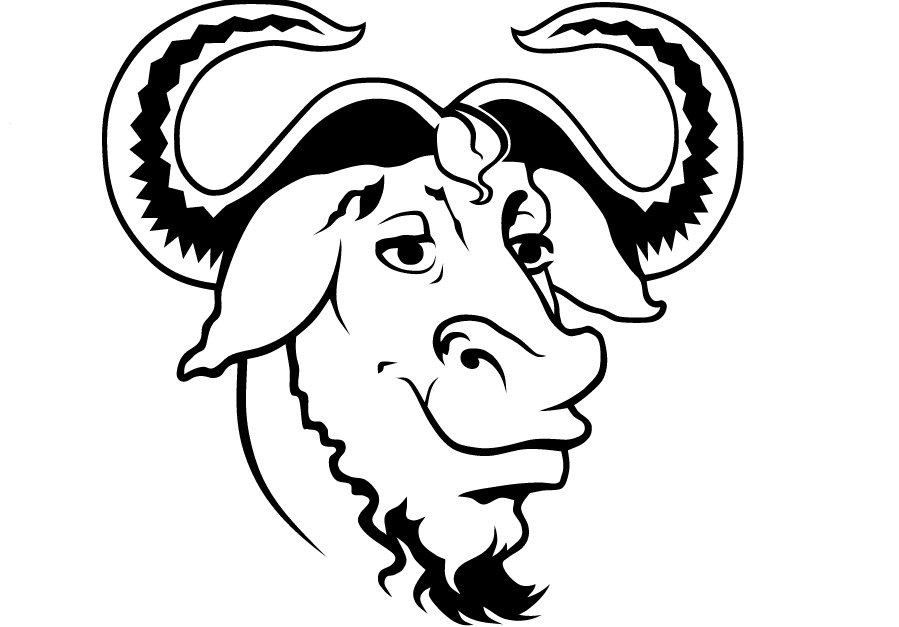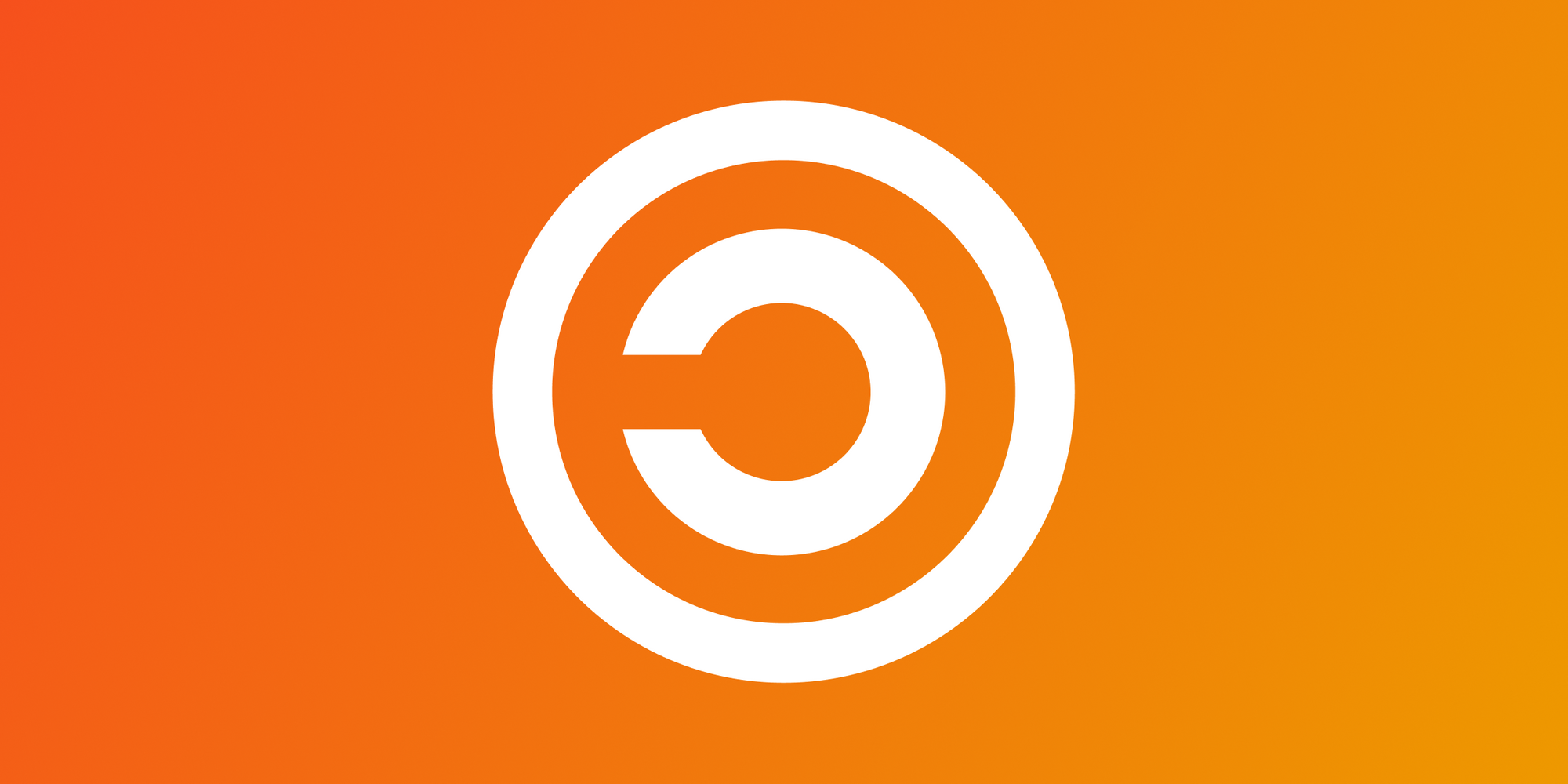On Wednesday, the Free Software Foundation celebrated "the 40th anniversary of the GNU operating system and the launch of the free software movement," with a announcement who called it “a turning point in its history information technologys.
“Forty years later, GNU and freedom software are even stronger. Software is deeply embedded in everyday life, and the vast majority of users do not have full control over it…”
On September 27, 1983, a computer scientist named Richard Stallman announced plans to develop a free software Unix-like operating system called GNU, from “GNU's not Unix”.
GNU is the only one functional system developed specifically for user freedom and has remained true to its founding ideals for forty years.
Since 1983, the GNU project has provided a complete operating system to replace proprietary operating systems. This was made possible by forty years of tireless work by volunteer GNU developers around the world.
"When we look back at the history of the free software movement — or the idea that users should be in control of their own computers — GNU begins," said Zoë Kooyman, executive director of the FSF, which sponsors the development of GNU. .
“The GNU system is not only the most widely used operating system based on free software. GNU is also at the core of a philosophy that has guided the free software movement for forty years.”
Usually combined with the Linux kernel, GNU forms the backbone of the Internet and powers it millions servers, desktops and embedded computing devices.
In addition to its technical advances, GNU pioneered the concept of "copyleft," the approach to software licensing that requires the same rights to be maintained in derivative works, and is described by the GNU General Public License or GNU General Public License (GPL).
As Stallman stated, “The goal of GNU was to give users freedom, not just to be popular. So we needed to use distribution terms that would prevent GNU from becoming proprietary software. The method we use is called “copyleft”. "

The free software community has been going strong for forty years and continues to grow, as evidenced by the FSF's annual LibrePlanet conference on software freedom and digital ethics.
Zoë Kooyman says, “We hope the 40th anniversary will inspire hackers, old and new, to join GNU and its goal of creating, improving and sharing free software around the world. Software rules our world these days, and GNU is a critical solution to the status quo that we desperately need to keep technology from controlling us.”
"To price of the GNU's fortieth anniversary, its organizing sponsor, the FSF, is organizing a hackday for families, students and anyone interested in celebrating the GNU anniversary. It will be held at the FSF offices in Boston on October 1.”





